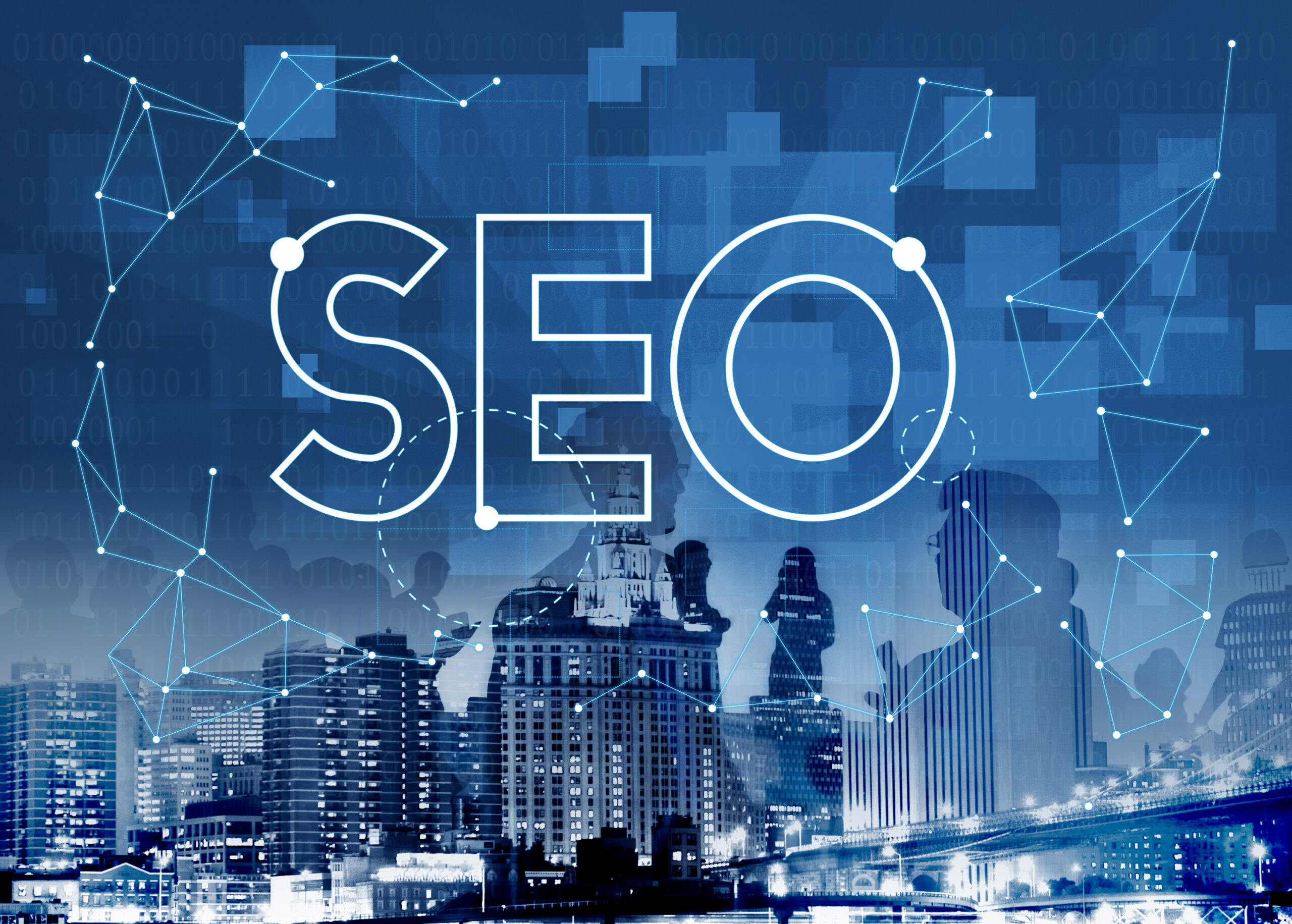Introduction
In the digital era, online marketing has become an indispensable aspect of any successful business strategy. Two major players in the digital marketing world are Search Engine Optimisation (SEO) and Pay-Per-Click (PPC) advertising. Both approaches aim to drive traffic to websites and boost conversions, but they do so in different ways. In this blog, we will delve into the differences between SEO and PPC, exploring their respective pros and cons to help you make informed decisions for your marketing endeavours.
SEO (Search Engine Optimisation)

What is SEO?
SEO is the process of optimising a website to improve its visibility in organic search engine results. It involves various techniques to enhance a site’s ranking on search engines like Google, Bing, or Yahoo.
Pros of SEO
1. Cost-Effective
Unlike PPC, SEO is a cost-effective approach. Once your website gains a higher rank in organic search results, you can attract consistent traffic without paying for each click.
2. Credibility and Trust
Websites ranking high in organic search results are often perceived as more trustworthy and credible by users. People tend to trust Google’s algorithm and view top-ranking websites as reliable sources of information.
3. Long-Term Results
SEO may take time to show significant results, but once your website establishes a strong presence, the benefits can be long-lasting. Maintaining a top-ranking position can lead to a steady stream of organic traffic.
Cons of SEO
1. Time-Consuming
SEO requires patience, as it can take weeks or even months to see significant improvements in rankings. It involves continuous effort to optimise content, build backlinks, and monitor analytics.
2. Uncertain Ranking Factors
Search engine algorithms are constantly evolving, making it challenging to predict the exact factors that contribute to ranking changes. Staying up-to-date with SEO best practises is crucial.
PPC (Pay-Per-Click)
What is PPC?
PPC is a type of digital advertising in which advertisers are charged a fee each time their ad is clicked. It involves bidding on specific keywords to display ads prominently on search engine result pages or other online platforms.
Pros of PPC
1. Instant Visibility
Unlike SEO, PPC provides instant visibility on search engine result pages. As soon as your campaign is approved, your ads will be displayed to your target audience.
2. Full Control
PPC campaigns offer precise control over your advertising budget, target audience, ad creatives, and keywords. You can adjust your strategy based on real-time data and performance.
3. Easy to Measure ROI
PPC platforms provide comprehensive analytics, enabling you to track clicks, conversions, and overall ROI. This data helps refine your campaigns and maximise returns.
Cons of PPC
1. Costly
While PPC can generate immediate traffic, it can be expensive, especially for highly competitive keywords. If not managed carefully, it may not provide a positive return on investment.
2. Ad Blindness
Some users tend to ignore paid ads and focus solely on organic search results, resulting in ad blindness. This has the potential to diminish the effectiveness of your PPC advertising.
3. No Guaranteed Results
PPC success depends on various factors, and there is no guarantee that every click will convert into a lead or sale. Poorly optimised campaigns may lead to wasted ad spending.
Conclusion
To summarise, both SEO and PPC have advantages and disadvantages, and the choice between the two is determined by your individual marketing objectives and budget. SEO offers long-term credibility and organic traffic, while PPC provides immediate visibility and control over your advertising campaigns. For the best results, a combination of both approaches might be the ideal strategy. By understanding the pros and cons of each method, you can make informed decisions to optimise your online marketing efforts and propel your business to new heights.

